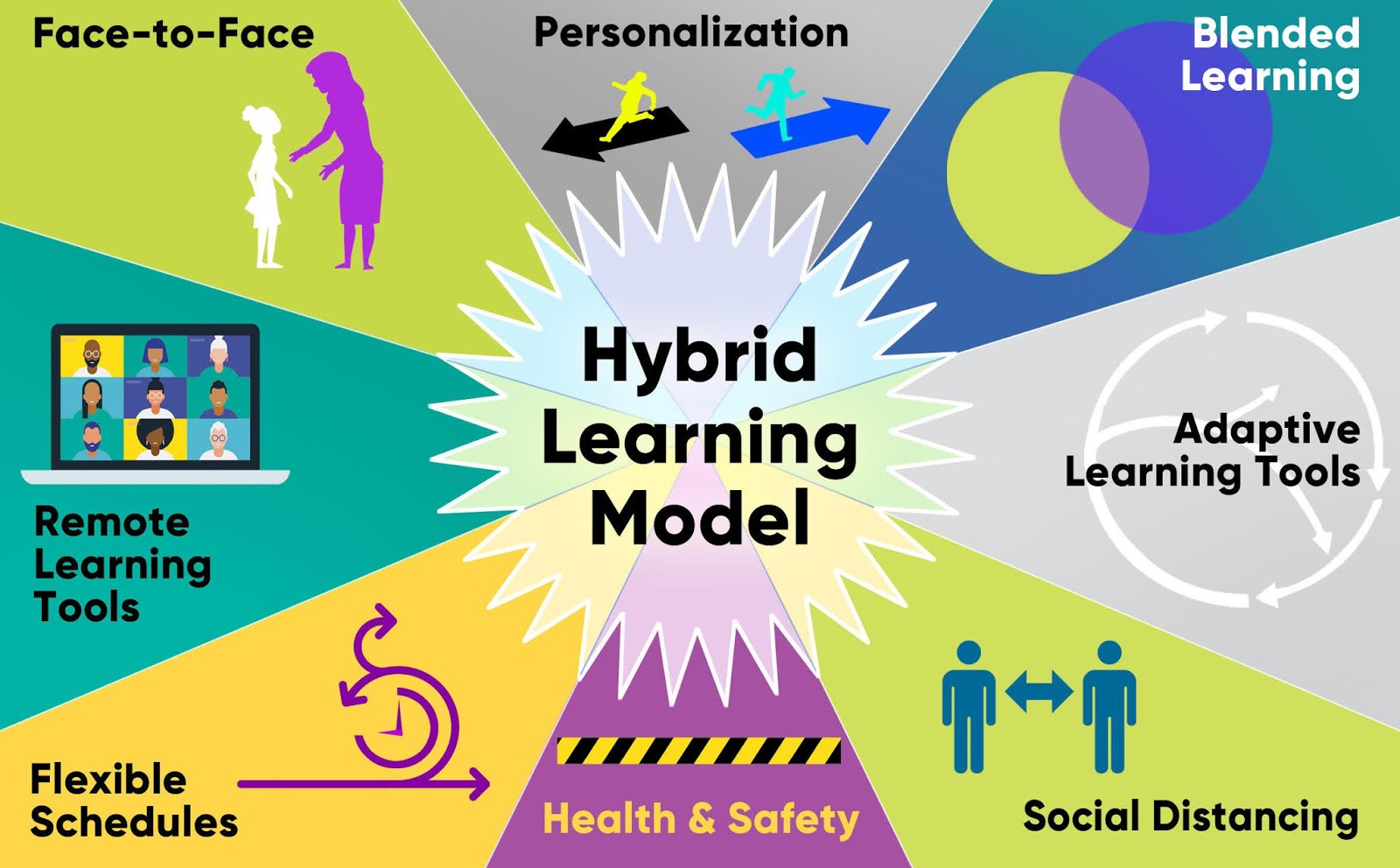In the ever-evolving landscape of education, hybrid learning has emerged as a transformative approach, blending traditional classroom instruction with online elements. As educators and students navigate this new paradigm, success stories are emerging, highlighting the positive impact of hybrid learning on academic achievement and student engagement.
In various educational institutions around the globe, educators have embraced hybrid learning to cater to diverse learning styles and ensure flexibility in the face of unforeseen challenges. These success stories underscore the adaptability of hybrid learning models in different academic settings.

One notable success story comes from a high school in a rural community where access to advanced courses was limited. By implementing hybrid learning, students gained access to a broader range of subjects through online modules. This approach not only expanded their academic horizons but also provided a solution to geographical barriers, allowing students to pursue their interests irrespective of their location.
In higher education, universities are witnessing increased student engagement and collaboration through hybrid learning platforms. Professors have reported that the combination of in-person and online interactions has created a dynamic learning environment. Students, in turn, appreciate the flexibility to review course materials at their own pace while still benefitting from face-to-face discussions and interactions with peers.
The success of hybrid learning is not limited to traditional academic institutions. Vocational and professional training programs have also embraced this model with positive outcomes. For example, a technical institute adopted a hybrid approach to train students in practical skills. The online component allowed for self-paced learning, while hands-on workshops and mentorship sessions provided real-world application. Graduates of the program exhibited a strong proficiency in both theory and practical application, showcasing the effectiveness of the hybrid model.
In the corporate world, companies are leveraging hybrid learning to upskill their workforce. Success stories abound as employees engage in online training modules that cater to their specific roles and responsibilities. This flexibility enables professionals to enhance their skills without disrupting their work routines, resulting in a workforce that is both adaptable and well-equipped for the demands of their industry.

Moreover, hybrid learning has proven to be an effective tool for addressing individual learning needs. Inclusive education success stories have emerged as schools integrate hybrid approaches to accommodate students with diverse abilities. Tailoring learning experiences through a combination of online resources and in-person support has fostered an inclusive environment, allowing every student to thrive academically.
As these success stories unfold, it becomes evident that hybrid learning is not merely a response to external challenges but a pedagogical shift with the potential to enhance education on a broader scale. The versatility of this approach, observed across different educational levels and settings, highlights its capacity to meet the needs of an ever-changing educational landscape.
In conclusion, the success stories of hybrid learning paint a picture of a dynamic, inclusive, and effective educational environment. As educators, students, and institutions continue to navigate the evolving landscape of education, these stories serve as beacons of inspiration, showcasing the positive outcomes that can arise from embracing innovative and adaptable approaches to learning.
If you enjoyed this read, check out our other posts.













What do you think?
Show comments / Leave a comment